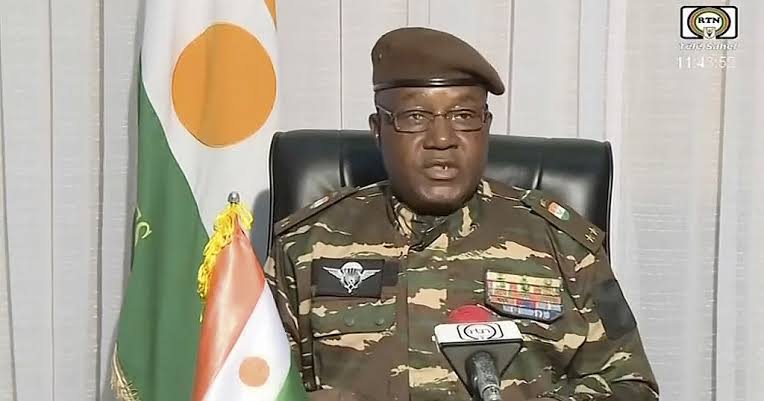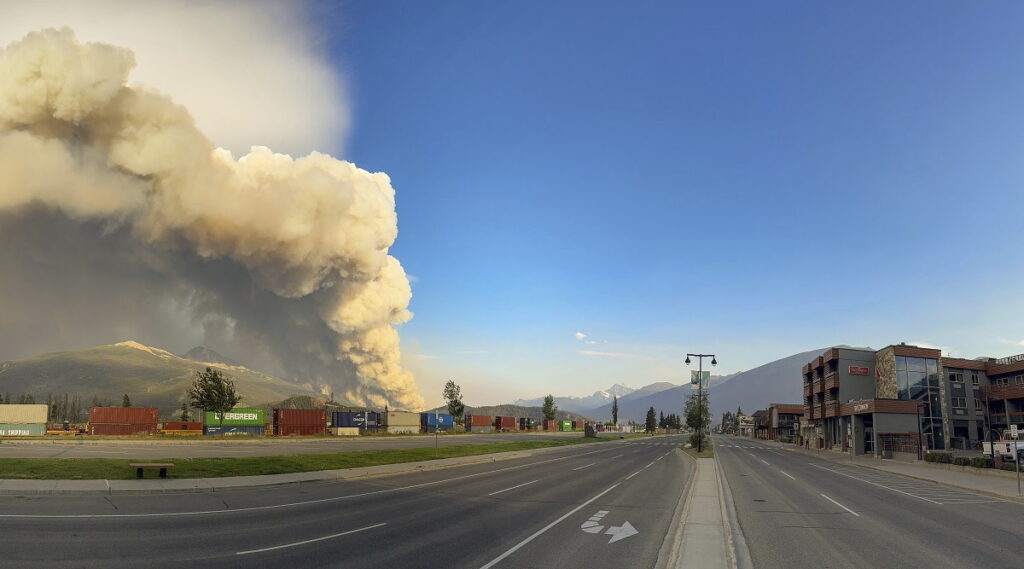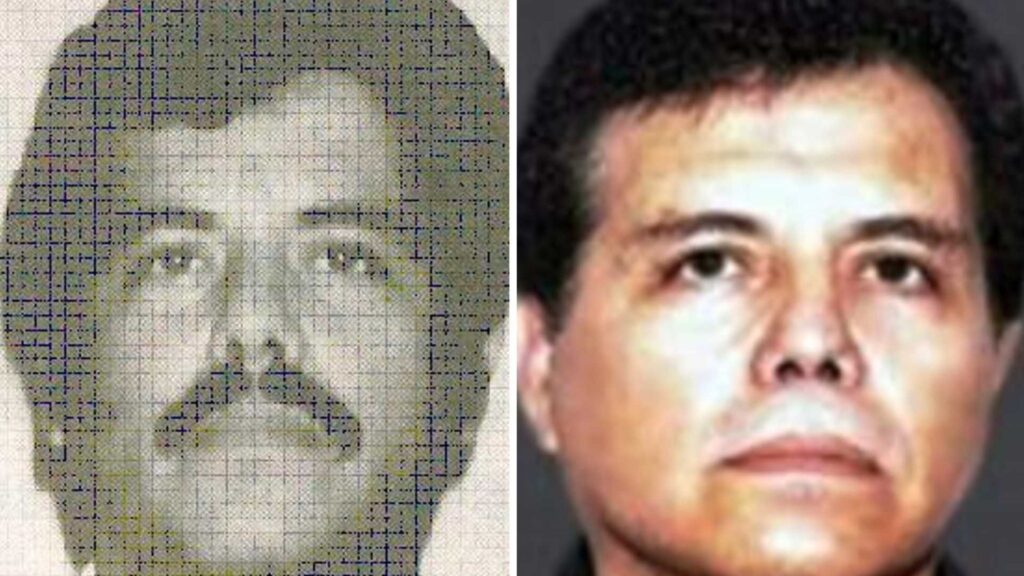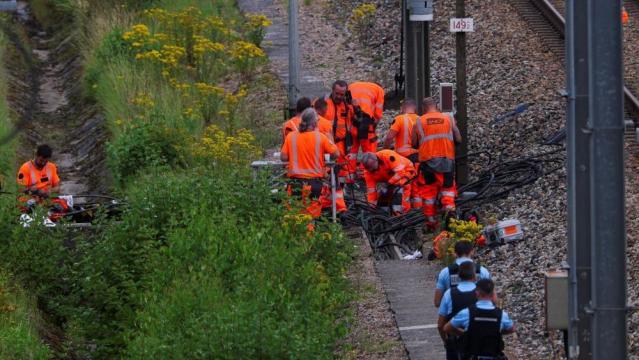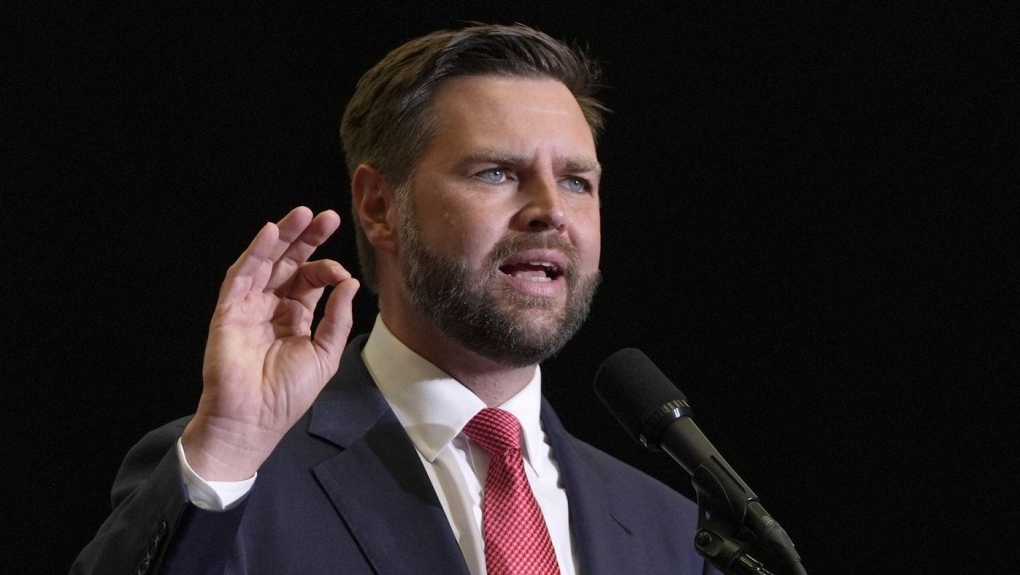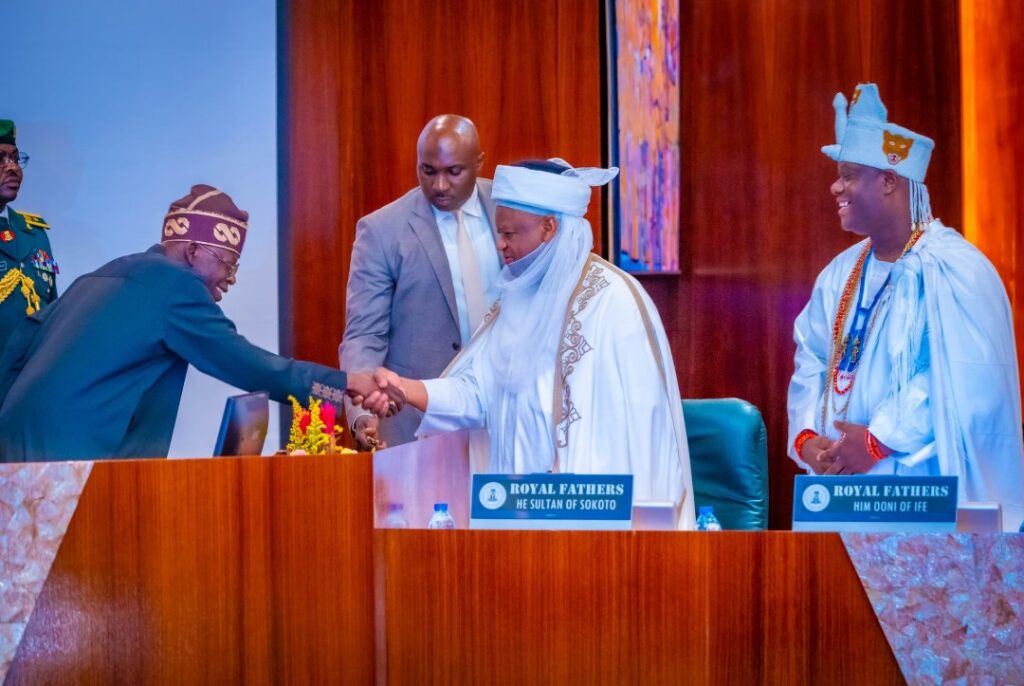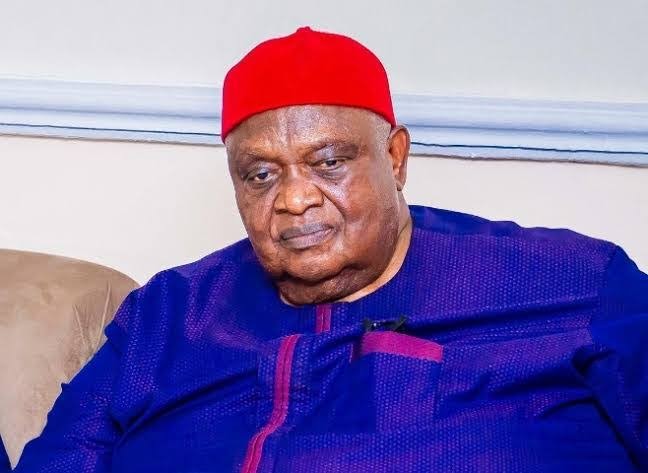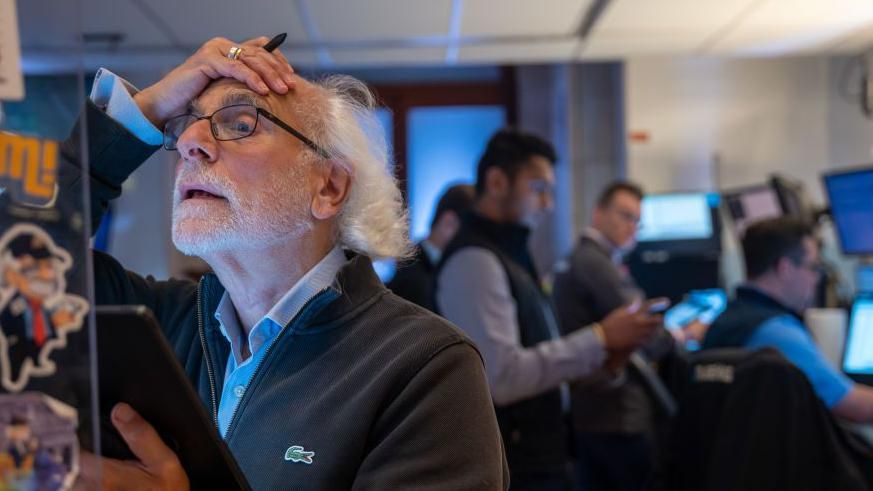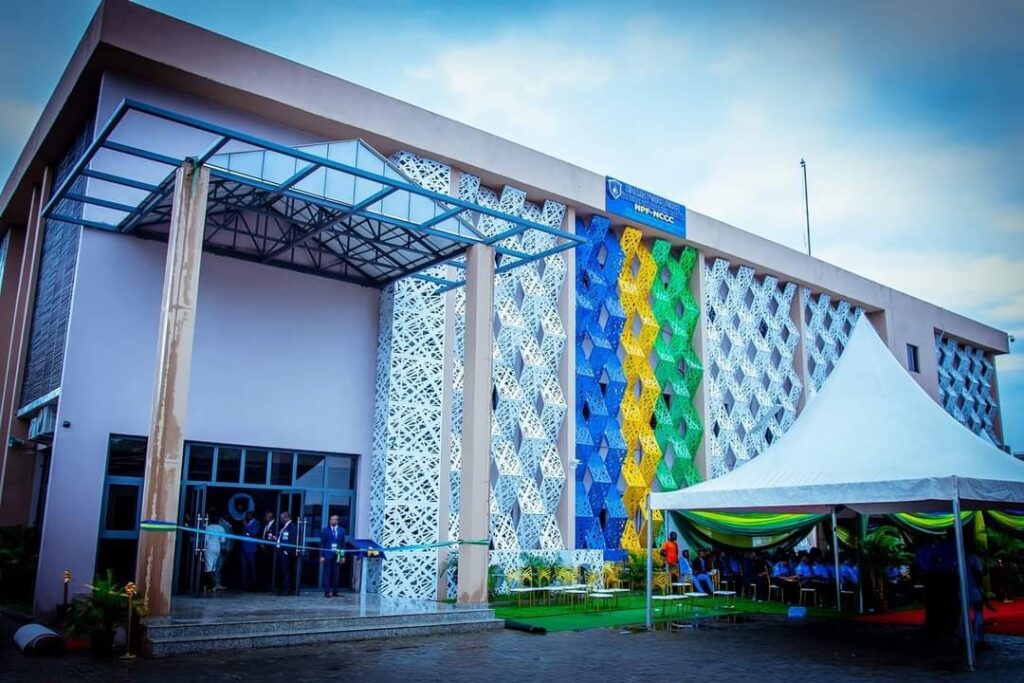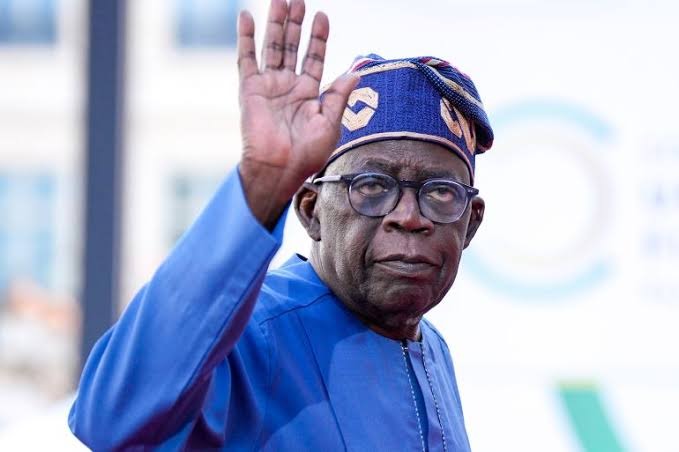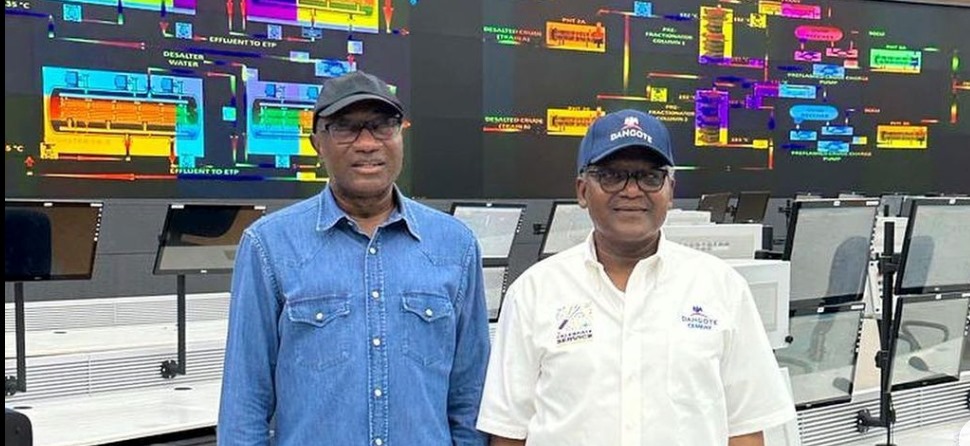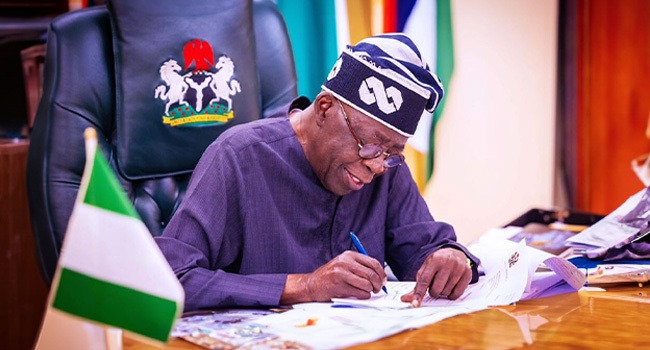Niger’s military leaders on Monday announced they were terminating two European Union security and defense missions in the country, signaling a shift in alliances toward Russia.
The civilian capacity-building mission called EUCAP Sahel Niger, was launched in 2012, for supporting internal security forces, authorities, and non-governmental actors, will end, according to Niger’s foreign ministry.
Additionally, consent for the EU military partnership mission, EUMPM, designed to enhance Niger’s Armed Forces against the terrorist threat, has been withdrawn. This move follows the military regime’s distancing from European partners, notably France, and has drawn closer to two of its neighbours, Mali and Burkina Faso which after recent coups are also run by militaries that have chosen to partner with Russia.
Shifting Alliances, Military Cooperation
In the aftermath of the ousting of President Bazoum in Niger, France, former colonial ruler has initiated the withdrawal of its 1,500 troops from the country in response to demands by the military leaders.
Simultaneously, a Russian delegation, led by Deputy Defence Minister Colonel-General Yunus-Bek Yevkurov, visited Niger for talks with the military government’s head, General Abdourahamane Tiani on Monday.
This marks the first official visit by a member of the Russian government since the coup in Niger on July 26.
The discussions resulted in the signing of documents to enhance military cooperation between Niger and Russia.
The military regimes in Mali, Niger, and Burkina Faso, grappling with prolonged jihadist insurgencies, have united to form an Alliance of Sahel States.
This alliance aims to foster closer economic ties and mutual defense assistance among the member nations.
Additionally, Burkina Faso and Niger on Saturday joined Mali in withdrawing from the G5 anti-jihadist force in Africa’s Sahel region, a move dealt on November 29.
Only Chad and Mauritania remain in the G5, with their military deployment predominantly funded by the European Union.
Ada Peter

